Welcome! I’m Lisa Sibbett and this is The Auntie Bulletin, a newsletter for people who are helping to raise other people’s children. You can read my archive here. If you value this newsletter and want to support the hard work that goes into it, please consider becoming a paid subscriber for $5 US a month or $50 US for the year. You can also “like” this post below. It only requires a click, and it helps other people find my Substack.
Since 2019, my partner and I have lived in a small urban co-housing community with our friends and our friends’ kids. Having no children myself, I’ve come to view helping raise other people’s kids as the Hannah Montana of childrearing: My partner and I get the best of both worlds because we have a loving, durable, daily relationship with two awesome little ones, AND we also have privacy, down time, and personal space. Friends, it’s magical. I started The Auntie Bulletin to support those of us who are exploring a different approach to having kids in our lives.
Helping raise my loved ones’ kids has helped me work through my own experiences of infertility and ambivalence about whether to become a parent. For most of my reproductive years, I emphatically didn’t want children, and then suddenly, in my late 30s, I thought maybe I did. My partner was open to the idea, so we started trying for a baby… and I had four miscarriages in fourteen months. We considered IVF, then we considered adoption, but both of these routes required enormous investments of money, time, and tenacity – investments we found ourselves reluctant to make. Our ambivalence was becoming clearer, and finally we decided not to become parents.
The period where we were trying to figure out how or whether to have kids was agonizing – especially the pregnancy losses – but nowadays I am genuinely grateful for how things turned out. I’ve come to recognize that, for this neatnik perfectionist introvert with a chronic illness who needs a lot of sleep, Auntiehood is a much better fit. Today, rather than experiencing childlessness as an absence in my life, I get all the tumultuous abundance of helping raise my loved ones’ children. The kids in my life routinely clamor into my house demanding string cheese and stories, and not being a mom is what affords this generally low-energy person the capacity to welcome them with open arms.
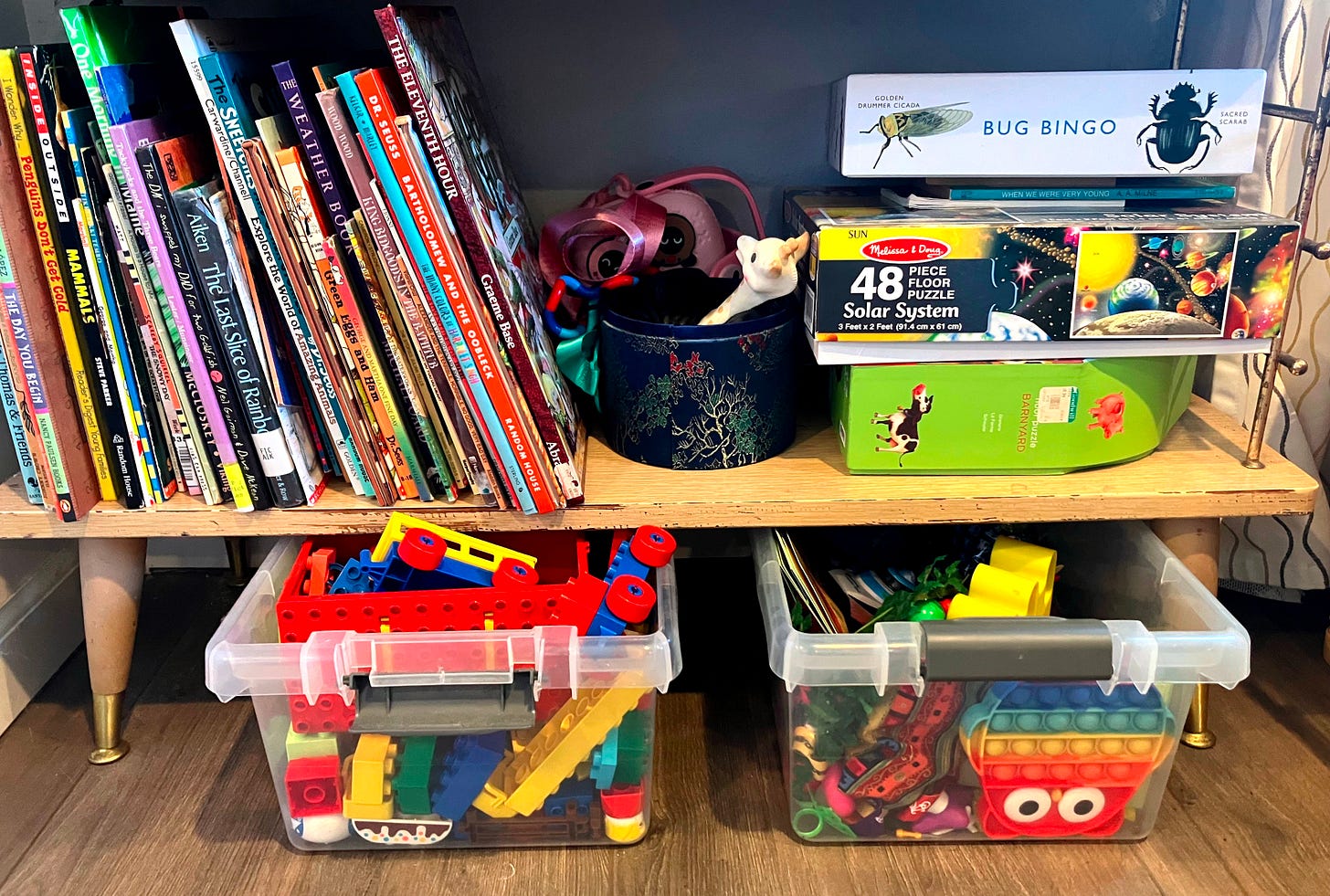
Being an Auntie isn’t just a personal choice; it is also a powerful political move that can help change society for the better. Individuals may not have much of a lever over, say, climate policy or national elections, but we can decide to swim against the stream of individualism and hustle culture that has left so many Americans feeling lonely and exhausted. When we roll up our sleeves and pitch in to the essential labor of raising children, we start to replace individualism and isolation with collectivism and community. In the absence of accessible, affordable child care, Aunties help to distribute parents’ (especially moms’) load. We also teach the kids we’re caring for – and ourselves – some deep, important lessons about how it’s possible to live together and have each other’s backs. We experience frequently and firsthand how others navigate the micro-decisions of their days, and we come to understand that there are many right ways to live together, to raise children, to divide labor, and to mark the seasons of our lives. We begin to know in our bodies that we’re truly all in this together. We build the beloved community.
These are radical notions in the context of dominant U.S. culture, but collectivism and an expansive notion of kinship have been the norm in most places for most of human history. Indeed, Aunties still play an essential role in many communities, from Canada to India to Aotearoa (New Zealand) to Black, Indigenous, and many immigrant communities in the United States. In The Auntie Bulletin, I hope we can learn together from Aunties and those who love them across a range of community and cultural contexts.
The Auntie Alternative
Although rates of parenthood have been declining in the United States for decades, it is still the norm for Americans to become parents. Many clearly do so out of enthusiastic desire to build a family, but untold others simply default to parenthood due to social or familial pressure, the belief that it’s the logical next step after marriage, or accidental pregnancy. And research suggests that a significant percentage of parents regret their choice to have kids.
Small wonder, when parents (especially moms) in the U.S. are expected to perform the full-time work of raising children and have a full-time job. As Katherine Goldstein puts it in her parenting newsletter, The Double Shift:
The lack of social safety nets paired with employer expectations that are removed from the realities of caregiving should actually be considered unacceptable working conditions, as absurd as requiring an employee to physically be on two assembly lines at the same time.
Then there’s the existential threat of climate change, and the inevitable struggles for resources that accompany it. When I was growing up in the 80s and 90s, I worried about nuclear meltdowns (thanks, dad!), holes in the ozone layer, and littering. These all deserved to be taken seriously, but they weren’t really immediate threats to my personal safety. For each successive generation, though, the likelihood of being directly harmed by rising sea levels, water scarcity, ecosystem collapse, and lord knows what else increases. It’s terrifying to contemplate bringing kids into the world under these conditions.
What, then, is the alternative? According to the dominant cultural narrative, it’s childlessness – or if you prefer, being childfree. And what childfree people (supposedly) do is focus on their careers and their creative pursuits. They lavish their love on their pets, and spend all their social time with other adults. According to The Simpsons, adults who aren’t parents are awash in disposable income and free time.
When my partner and I were trying to decide whether to have kids, I worried a lot about what I would lose if I didn’t become a mom. I didn’t feel up to the relentless work of being a parent in a country with so little structural support for families, but I also didn’t want to miss out on the loving, intergenerational connection that parenthood often brings. But what I’ve learned is that the choice between parenthood and childlessness is a false binary – choosing not to be a parent doesn’t mean deciding not to have kids in your life. By investing deeply in community with chosen kin – for example, with close friends and their kids – it’s possible to have meaningful, lifelong relationships with children who you can watch and support to thrive as they grow. Auntiehood is thus the (often invisible and unnamed) middle path.
My hope is that adults, especially women, will increasingly consider Auntiehood as a legitimate, fulfilling alternative to becoming parents. We don’t have to have children of our own if we’re not sure we want to. There are other good ways to have kids in our lives. In the Auntie Bulletin, we’ll explore how to make that happen.
Recommended Reading from The Auntie Bulletin
Nothing Sold, Bought, or Processed
The Auntie Bulletin is an ad-free, anti-capitalist publication that will never try to sell you anything and receives no money from affiliate links. I can only offer it if readers like you voluntarily make modest donations to keep the lights on. If you appreciate what you read here, please take a few seconds right now to become a paid subscriber.




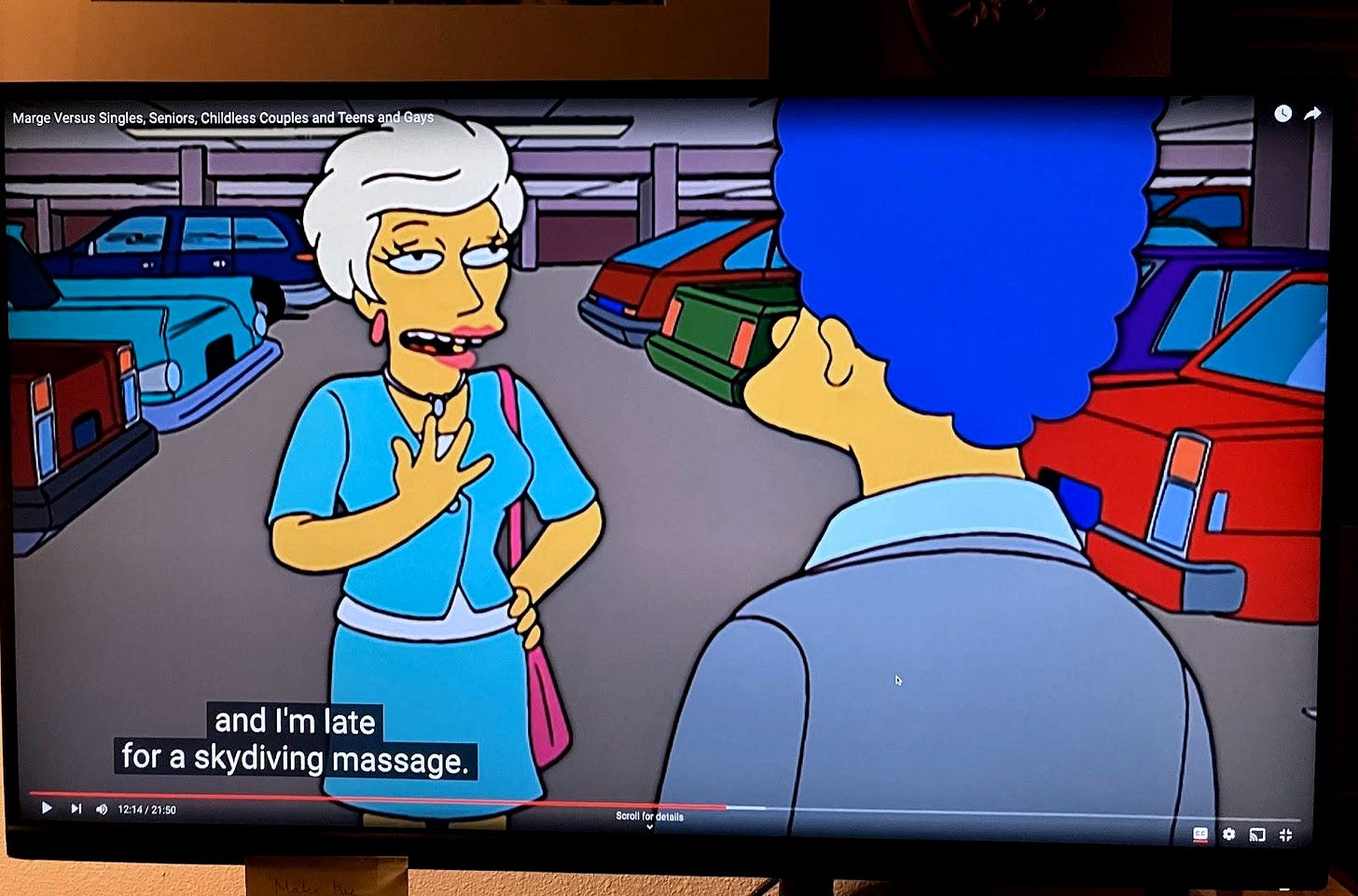


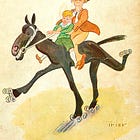
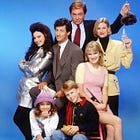
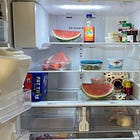
Ahhhhhhhh it’s me!!!!! I live with my best friend and her two kids and I’m auntie to them and I struggle to explain our set-up to people unfamiliar with chosen family (though queer people like me tend to get it immediately). I’m so excited to hear from others like me!
I love this Lisa! Daniel and I are new to being grandparents “in close proximity” or community. Two doors over is very different from being grandparents continents away. And as you say, we all benefit. Thanks for starting the Auntie conversation.